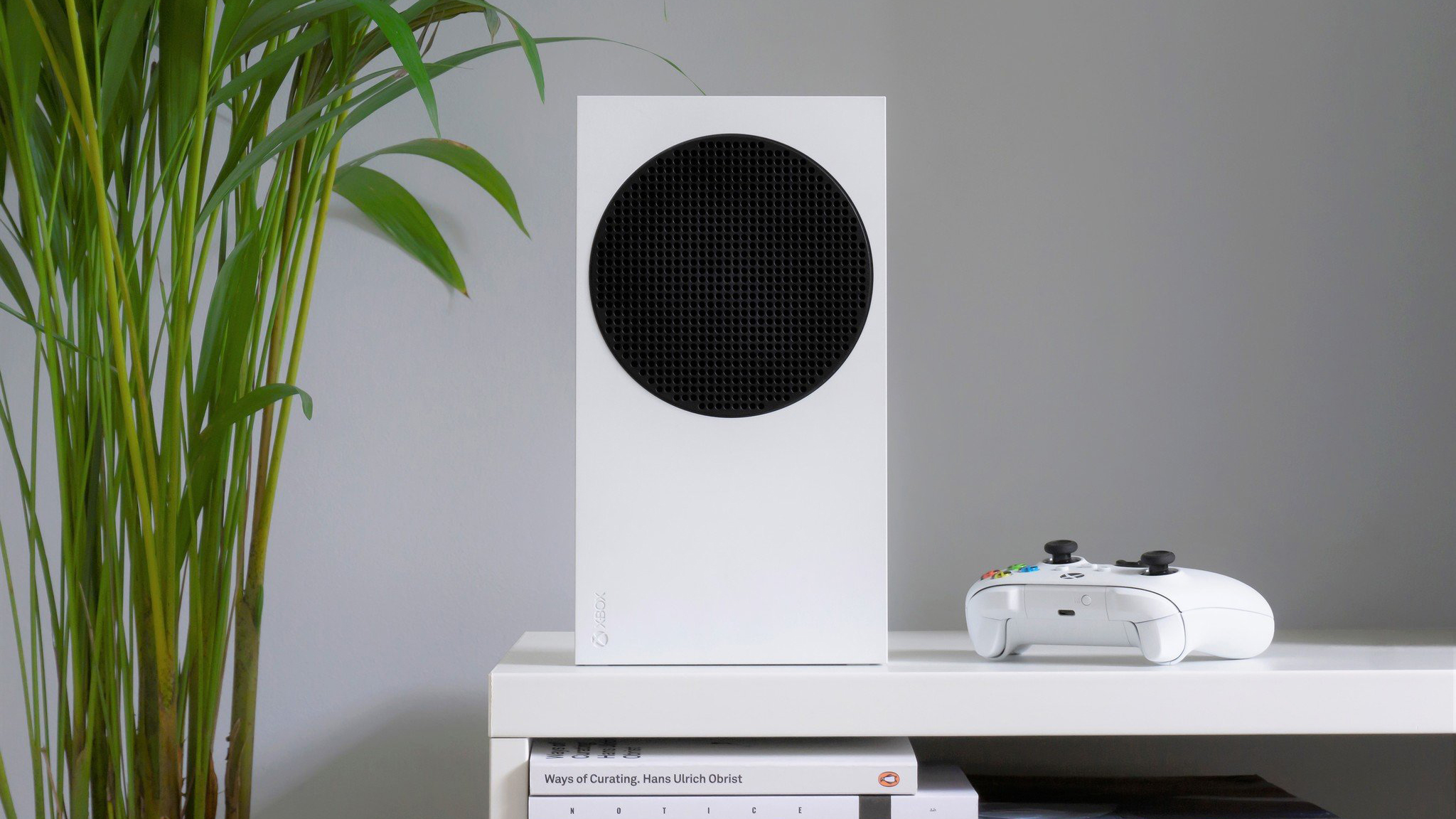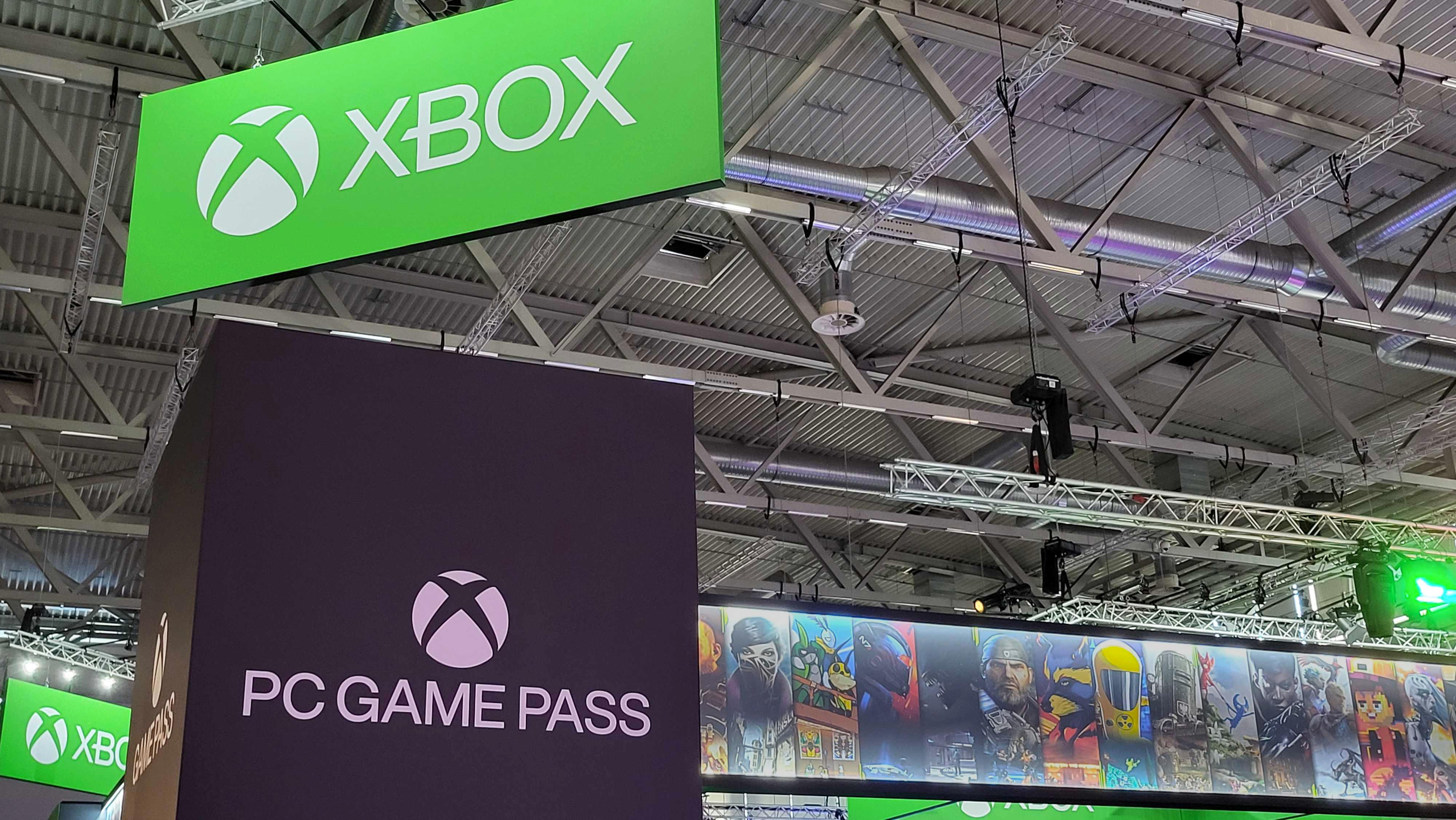Sony has increased the price of its PlayStation 5, raising the cost of its latest gaming console in seven regions, effective immediately. In a blog post addressing the decision on Thursday, the company chalked up the change to current economic trends driving up costs worldwide. “High global inflation rates” and “adverse currency trends” were cited among the primary factors, reflecting financial hardships rippling across the globe.
The increase impacts PlayStation 5 pricing in most of Sony’s biggest markets, including the United Kingdom, Europe, Japan, China, and Australia. While Sony has chosen to increase PlayStation 5 prices in Canada and Mexico, U.S. pricing remains unchanged at this time. The move translates to increases of around 10% in most regions versus each console’s respective retail price at launch.
The move, while unexpected, reflects the economic uncertainty looming over many industries, marking the latest chapter in what’s already been a weird generation of gaming consoles. The PlayStation 5 and Xbox Series X launched almost a year into the COVID-19 pandemic, with a global chip shortage throttling availability amid already high demand. While stock shortages were expected for any new video game console, Microsoft and Sony remain unable to fully meet demand in 2022, with buyers stripping store shelves with each restock. That doesn’t appear to be changing anytime soon, either.
We’ve seen indications that Sony and Microsoft have started to close the gap, with more consoles landing in the hands of consumers. However, the current economic environment has slowed their progress, while material and manufacturing costs soar amid high inflation.

The latest PlayStation 5 price increases illustrate the behind-the-scenes challenges on a line of hardware with notoriously tight profit margins. While Sony had announced it started profiting on regular PlayStation 5 sales, its supporting software and services are what help make its console business so lucrative. Microsoft has previously declared it sells its consoles at a loss, with its growing portfolio of Xbox services also fundamental to revenue in the long term.
The latest PlayStation 5 price increases are a historical chapter in the current console generation, arriving at a time when prices would traditionally fall. The previous PlayStation 4 and Xbox One consoles saw formal price cuts in 2015, less than two years into their respective consoles, with more powerful successors landing in the following years. That’s not the case with PlayStation 5 and Xbox Series X, following similar increases on products like the Meta’s Quest 2 virtual reality headset.
Microsoft hasn’t announced any changes to Xbox Series X or Xbox Series S pricing, leaving both consoles competitively priced against the PlayStation 5 family. It remains unclear whether Microsoft is considering a similar change to offset rising background costs. Microsoft did not immediately respond to a request for comment.
While operating on similar business models to PlayStation 5, the Xbox Series X and Xbox Series S have differences that could reduce the need for price hikes. While Sony has boasted higher profit margins on its PlayStation consoles, Microsoft has pivoted to supporting Xbox software and services, including Xbox Game Pass. The gaming subscription service has accompanied various efforts to diversify Xbox revenue beyond traditional boxes, including growing investments in PC and mobile. The Xbox brand also finds itself nestled inside a corporation valued at over $2 trillion, providing further leverage to sink costs to grow its gaming platforms.

While it’s hard to say whether an Xbox Series X price hike is on the horizon, Microsoft finds itself uniquely positioned to reduce the impact of emerging headwinds. The price disparity also gives Microsoft a competitive edge to close the PlayStation and Xbox sales gap, following recent documents confirming the PlayStation 4 sold over double the Xbox One throughout its lifetime.
The latest PlayStation 5 price increase reflects the challenges of modern manufacturing, with few signs of improvement in the near term. It remains to be seen whether Microsoft will react, with rising prices of commonplace goods far from isolated to the Japanese gaming giant. However, if you’re in the market for a new Xbox console, there’s probably little reason to hesitate, especially if prices won’t be dropping anytime soon.




